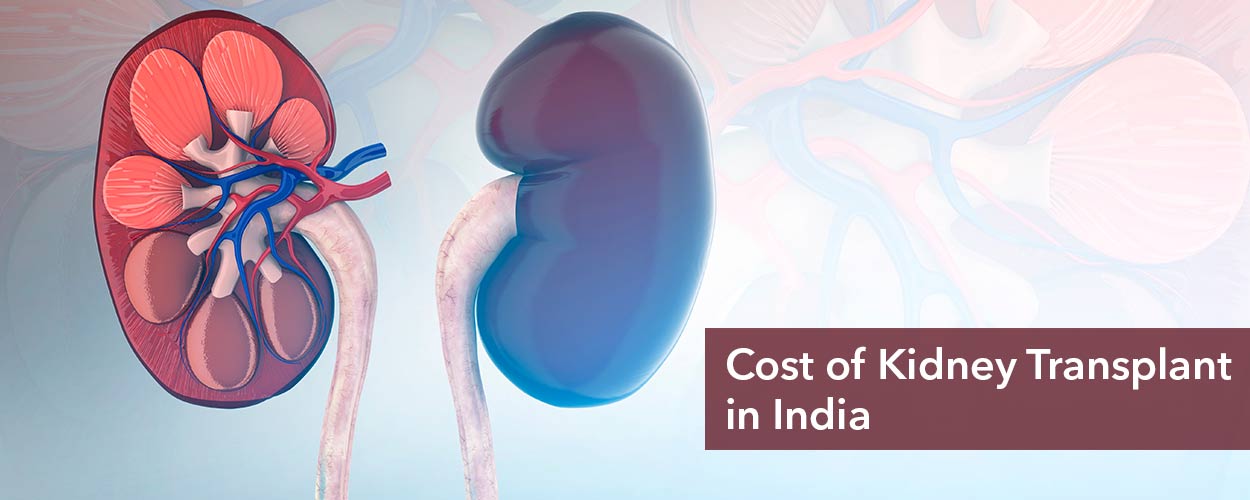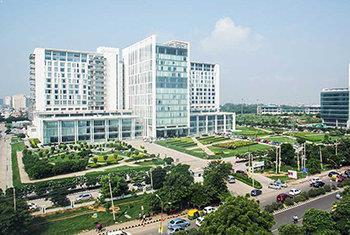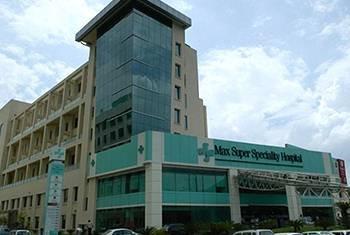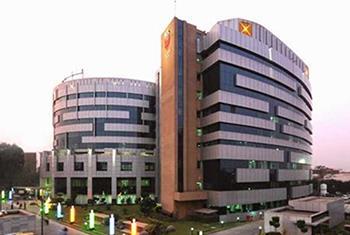Life after kidney transplant in India
A kidney transplant is often regarded as the second chance at life for patients with end-stage renal diseases. The procedure helps patients to add more years to their lives and improve their day-to-day activities. However, the results of a kidney transplant can be different for each patient. This usually depends on the type of disease and age & general health of the patient.
Recovery
- The patient will stay under close observation and care for at least ten days in the hospital. The duration of hospital stay will depend on the severity of the patient’s condition and general health.
- Once the patient’s health is stabilized, the doctor will allow the patient to leave the hospital under the care of a medical attendant.
- The doctor will advise the patient to find temporary accommodation near the hospital for a few weeks to months after the transplant. This helps them to have better control over the anticipated risks and complications associated with a kidney transplant, including rejection.
- The recovery period will also require the patient to attend regular follow-ups with the doctor that can last for a few weeks, months, to even years.
Aftercare
To make kidney transplant surgery in India successful, a patient will have to make permanent modifications in their life. These include:
- Life-long dependence on anti-rejection medications
Certain medications help prevent and treat rejection when the immune system attacks the new kidney. These drugs lower the immune system and prevent it from targeting the transplanted kidney. A combination of drugs is prescribed to the recipient depending on their specific transplant needs, including anti-inflammatory drugs, anti-proliferative Medications, antilymphocyte medications, and more.
- Adhering to a healthy lifestyle
Apart from the medications, a patient needs to take on a healthy way to life post-transplant surgery. This includes sticking to a healthy diet, maintaining a good weight, staying away from smoking or drinking, and avoiding the chances of any infection.
The patient’s journey to successful health doesn’t end after a kidney transplant. The patient is advised to stay in touch with their doctor, attend follow-ups, and undergo routine tests regularly. This helps the patient to keep a track of their health and manage any complications that may arise in the near future.













